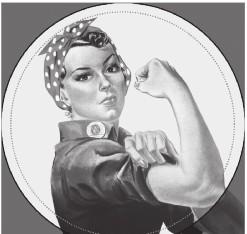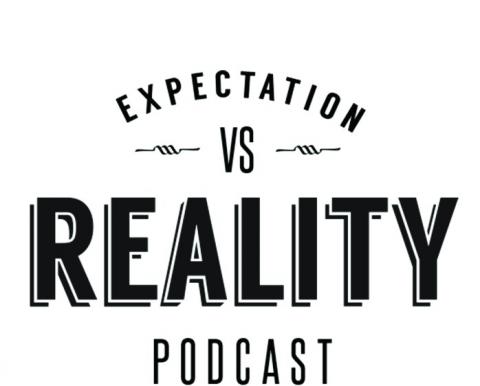

My wife, Mary, has special reasons for being a foster mom. She was a red headed stepchild—or at least a red headed adopted child. It’s too far back in the memories for her to access the data, but she must have been a difficult child to place due to elective mutism. She had been in three different adoptive homes before once couple took her in and didn’t give up on her.
She did not talk at all for the first six months she was with them, and then she began speaking only to her older brother Danny, also adopted. She has a photo of her and her brother taken soon after she had arrived. She was wearing jeans about five sizes too large but rolled up rather nicely. She was clutching some kind of soft toy and stared shyly at the camera with her eyes squinting as if she was staring right into the burning bush. She is thankful for her lack of memories about the past and has never wanted to open up the files and find out about the circumstances of her birth. She states that her adoptive mother and father were her real parents.
In fifth grade a number of her classmates began jeering at her, making fun of her because she was adopted. Her teacher shut them up with a statement about how Mary’s parents chose her, but everyone else in the class had moms and dads who were stuck with them.
It’s tough being married to an idealist who drags me into do-gooder, la-la land. She persists under the delusion that she can change the world, and what’s more, that I will help her do it. Mary looked for the best in people, blinded frequently to the foibles, the imperfections of humankind. Hitler, after all, was a vegetarian, non-smoker, teetotaler who liked dogs—Mary won’t go that far, but you get the picture.
“Are you crazy?” That was my reaction when my wife proposed the idea of doing foster care.
I’m a teacher, and I knew a few things Mary didn’t. Problem children cause problems, and besides I wasn’t perfect enough to be much of a foster father.
But Mary was persistent—a word that sometimes implies an admirable quality, not giving up in the face of pressure. It also has a darker side. In the story “Green Eggs and Ham” the villain is a proto-stalker who doggedly pesters the protagonist who just wants to be left alone. I know that Sam I Am is supposedly the hero, but in real life that kind of behavior earns you a restraining order.
Mary would bring up the fostering idea every so often. She knew her idealism would eventually triumph over my lack of conviction.
Mary had that sweet, good-hearted innocence in spite of what life threw at her. She likely wouldn’t have been attracted to me without it, so I better shut up and quit complaining. She once told me that if she didn’t have the gift of forgetting the bad and the ability to see the light at the end of the tunnel that life would have crumbled down and collapsed on her.
Her innocence blinded her to what the biological (birth parents) would think of her.
She wanted to help them get their children back and mentor them through the difficult process. She wanted to be the guide and support they never had. She was soon to know the difference between expectations and reality.
Mary’s expectations:
-
The mothers would appreciate her work
-
They would learn from her
-
The mothers would work their programs and get their child back, never returning to drugs and calling Mary when they had a problem.
-
The biological moms would make something of their lives and so would their kids.
-
The kids would win the Nobel Prize for something and thank her for it in their acceptance speech.
The reality:
-
The mothers hated her and resented her
-
They regarded us, not CPS, as the people who took their children
-
Losing their children was our fault, not CPS’s, and definitely not theirs.
-
Mary and I were the baby thieves.
We took in eighteen foster kids, all babies. I can still hear some of the shocked statements Mary made along the six year journey:
-
“A mother would not be high for a visit with her child.” [Yes, she would, we found out later].
-
“Chris! Look at this preemie! There’s hardly any meat on her, and her skin just hangs down over her bones.”
-
“The birth mother left the baby and me in the hospital room, went out for a cigarette and never came back.“
-
“Do crack and crystal meth increase fertility?”
-
“You are not going to believe this. The birth mother met the dad because her first boyfriend owed him money, so he “lent” her to him for the weekend.” [They fell in love. How romantic]!
-
“Ellen [the birth mother] is dead… Overdose. Her boyfriend took her to the park to get some heroin. She shot up. He left the car for a moment, and when he came back…”
Because of foster care, Mary became tougher and more wary. This was key to her being able to call shenanigans on some birth parents that were breaking the law. I believe she saved a couple of children’s lives this way, or at the very least prevented some youngsters from going back to a sexually abusive situation. She kept her idealism, but learned and earned a tough, hard-won realism. It’s a good combination for a foster parent.

 Owner/Editor - Chris Chmielewski
Owner/Editor - Chris Chmielewski